
The Nepal Family Cohort Study (NeFCoS) is a multidisciplinary cohort study into the prevalence, incidence, and determinants of various diseases from childhood to adulthood in children and their parents for over two decades. NeFCoS is a longitudinal study which recently started collecting health and well-being data, and which will collect data repeatedly from the same individuals at certain intervals for years to come. Our primary focus is understanding the multiple risk factors of health conditions in children and their families, early diagnosis of diseases, and prevention and management of diseases through effective intervention. The team aims to this by examining associations between exposure to known or suspected causes of disease, so-called risk factors and subsequent morbidity and mortality.
Our large international team is led by Dr. Om Kurmi, Associate Professor and Respiratory and Environmental Epidemiologist at Coventry University in the UK, and associated with McMaster University, Canada. The Bournemouth University team comprises Dr. Pramod Regmi (Senior Lecturer in International Health), Dr. Edwin van Teijlingen (Professor of Reproductive Health), and Dr. Vanora Hundley (Professor of Midwifery).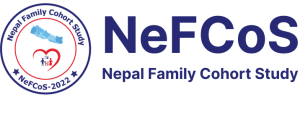
The team is currently recruiting six-to-nine-year-old children and their parents who have provided written consent to participate. The parents offer information on socio-demographics, lifestyle factors, dietary habits, occupational history, educational history, environmental conditions at home and outside, physical activities and any diseases they or their children have had since birth. They also undergo a series of measurements such as lung function, oxygen saturation, blood pressure, hand-grip strength, anthropometry, body fat percentage, muscle mass, body water content and skin-fold thickness as an indirect measure for malnutrition. The study is also measuring eleven different parameters in spot urine samples semi-quantitatively and plan to collect the biological specimen in future follow-ups studies. The study is currently being conducted in two regions of Nepal in the south, the Terai and in the more central hill part of the country, with plans to expand to extend to other provinces of Nepal in the future.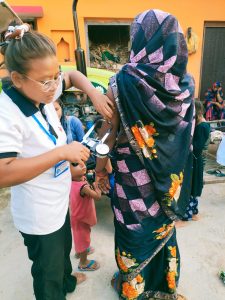
The baseline study is ongoing. So far, the team has collected over 4250 participants’ data from both study sites. We plan to complete the baseline data by the end of December 2023 with about 15,000 participants from the two regions. Our study is urgently needed in Nepal as it will provide valuable information for evidence-based decision-making regarding disease prevention and management along with changing policy.
Prof. Edwin van Teijlingen
Centre for Midwifery, Maternal & Perinatal Health (CMMPH)
 This week the Journal of Asian Midwives published its latest issue. Celebrating a decade of publishing, this is the first issue of volume 10. The journal is Open Access and freely available online for anybody who wants to read it (click here!). In the editorial of this new issue the editors highlighted online events around the International Day of the Midwife, the ICM (International Confederation of Midwives) Triennial Congress in Bali, Indonesia in June, and the acceptance of the Journal of Asian Midwives by SCOPUS [1]. The editorial finishes by highlighting new additions to the journal, including the opportunity to submit short research proposals, or proposals for improvement in service or practice, blogs and from the next issue onwards, short view point articles.
This week the Journal of Asian Midwives published its latest issue. Celebrating a decade of publishing, this is the first issue of volume 10. The journal is Open Access and freely available online for anybody who wants to read it (click here!). In the editorial of this new issue the editors highlighted online events around the International Day of the Midwife, the ICM (International Confederation of Midwives) Triennial Congress in Bali, Indonesia in June, and the acceptance of the Journal of Asian Midwives by SCOPUS [1]. The editorial finishes by highlighting new additions to the journal, including the opportunity to submit short research proposals, or proposals for improvement in service or practice, blogs and from the next issue onwards, short view point articles.


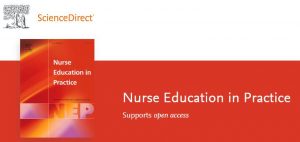
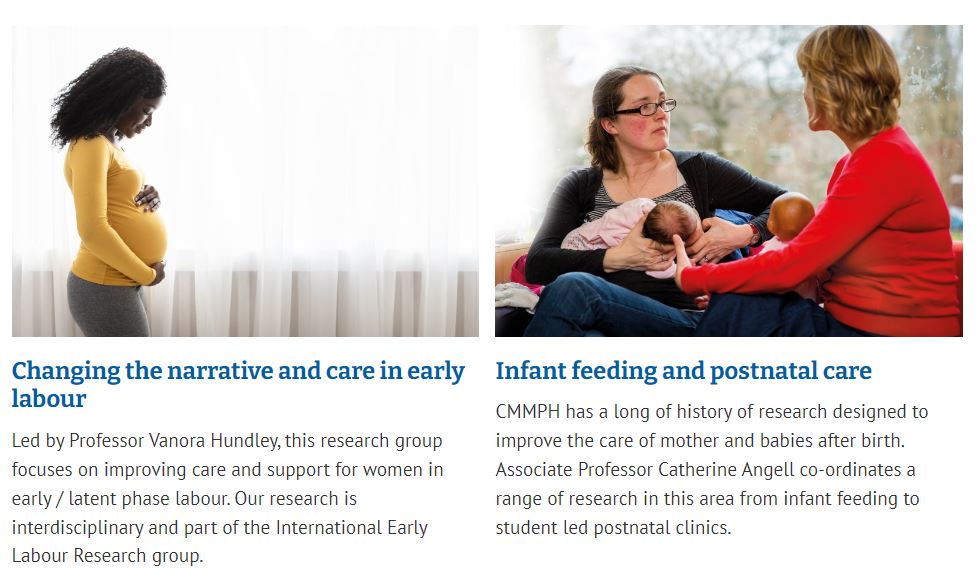
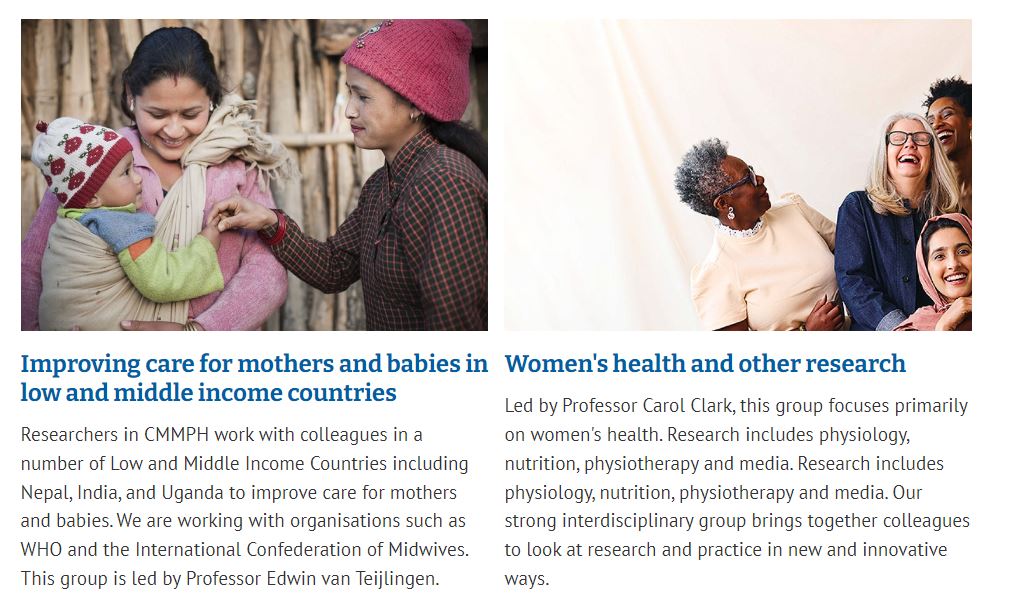

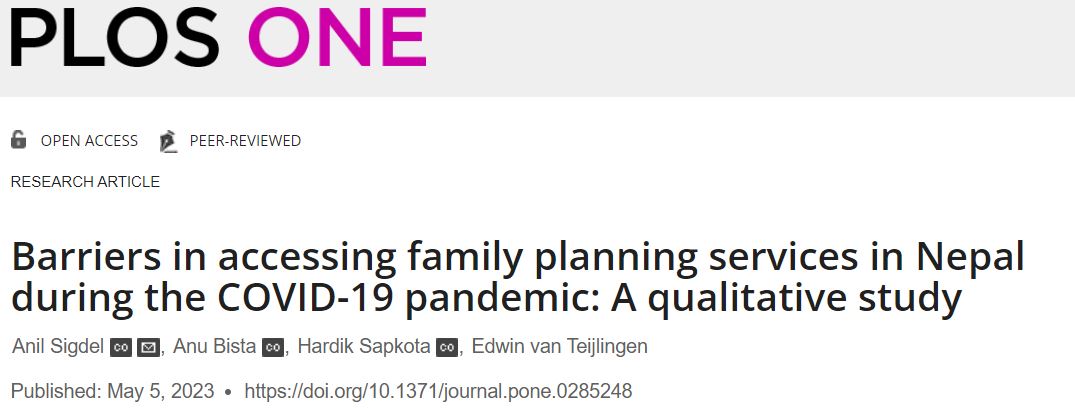
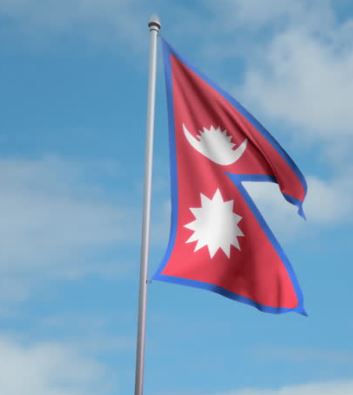
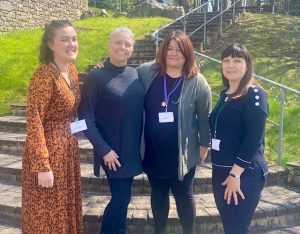 Several midwives from the
Several midwives from the 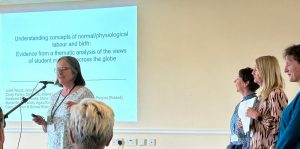
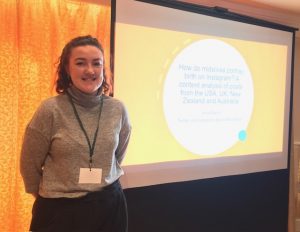 The conference is a great opportunity for emerging researchers. Two of CMMPH postgraduate researchers had the opportunity to share their work with midwives from across the globe. Anna Marsh presented her recently completed MRes work titled ‘How do midwives portray birth on Instagram? A content analysis of posts from the USA, UK, New Zealand and Australia’.
The conference is a great opportunity for emerging researchers. Two of CMMPH postgraduate researchers had the opportunity to share their work with midwives from across the globe. Anna Marsh presented her recently completed MRes work titled ‘How do midwives portray birth on Instagram? A content analysis of posts from the USA, UK, New Zealand and Australia’.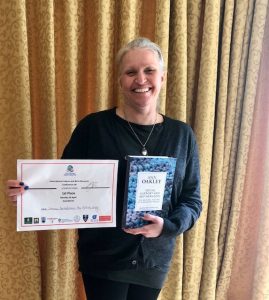 Vanessa Bartholomew, clinical academic doctoral midwife, presented ‘The RETHINK Study: A study to determine if pregnant women who pain catastrophise are more likely to attend hospital during the latent phase of labour’. We are very proud to say that Vanessa’s poster won the conference competition for ‘Best Scientific Poster’!
Vanessa Bartholomew, clinical academic doctoral midwife, presented ‘The RETHINK Study: A study to determine if pregnant women who pain catastrophise are more likely to attend hospital during the latent phase of labour’. We are very proud to say that Vanessa’s poster won the conference competition for ‘Best Scientific Poster’!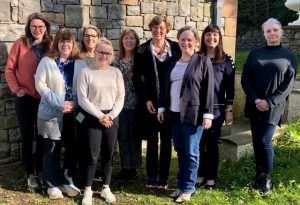 This has been a busy few months for the International Early Labour Research Group (IELRG), which comprises members from across the globe. We had the opportunity to get together at the International Labour and Birth Research Conference in Grange over Sands this month, where early labour was a strong theme.
This has been a busy few months for the International Early Labour Research Group (IELRG), which comprises members from across the globe. We had the opportunity to get together at the International Labour and Birth Research Conference in Grange over Sands this month, where early labour was a strong theme.



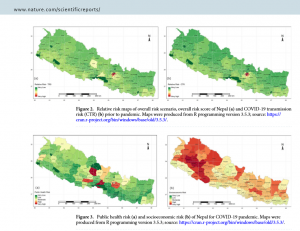
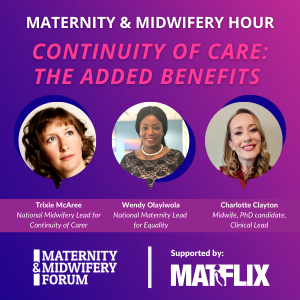
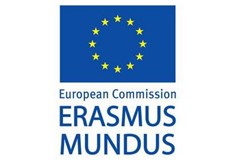 BU professors Vanora Hundley and Carol Clark are currently in Nepal as part of an exchange between Bournemouth University (BU) and Manmohan Memorial Institute of Health Sciences (MMIHS) in Kathmandu, Nepal.
BU professors Vanora Hundley and Carol Clark are currently in Nepal as part of an exchange between Bournemouth University (BU) and Manmohan Memorial Institute of Health Sciences (MMIHS) in Kathmandu, Nepal.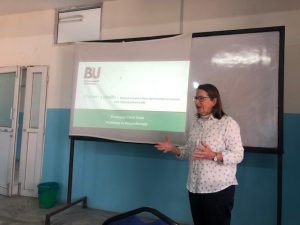
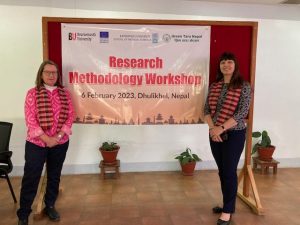
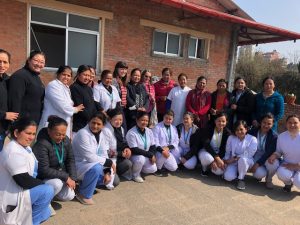



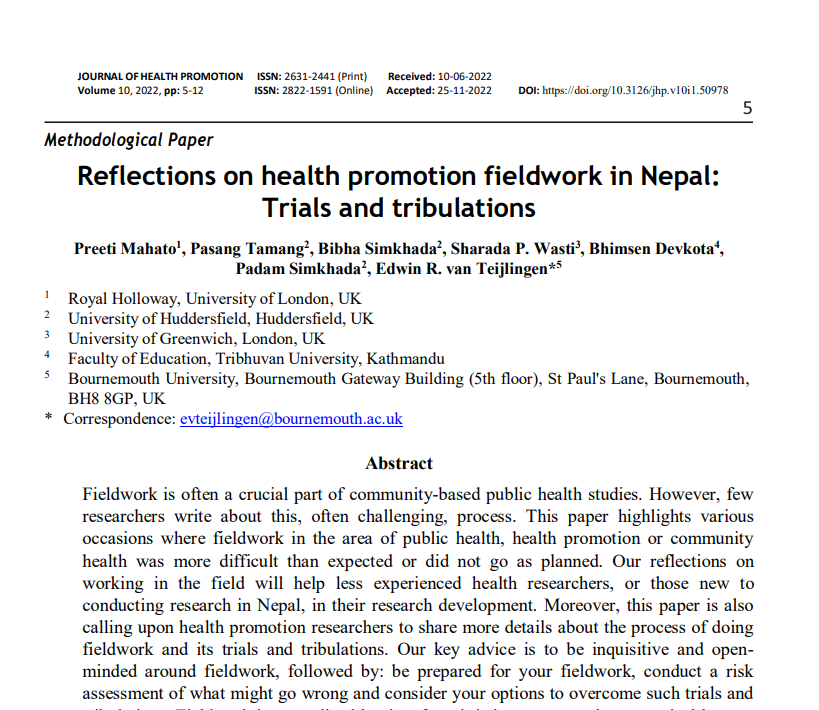
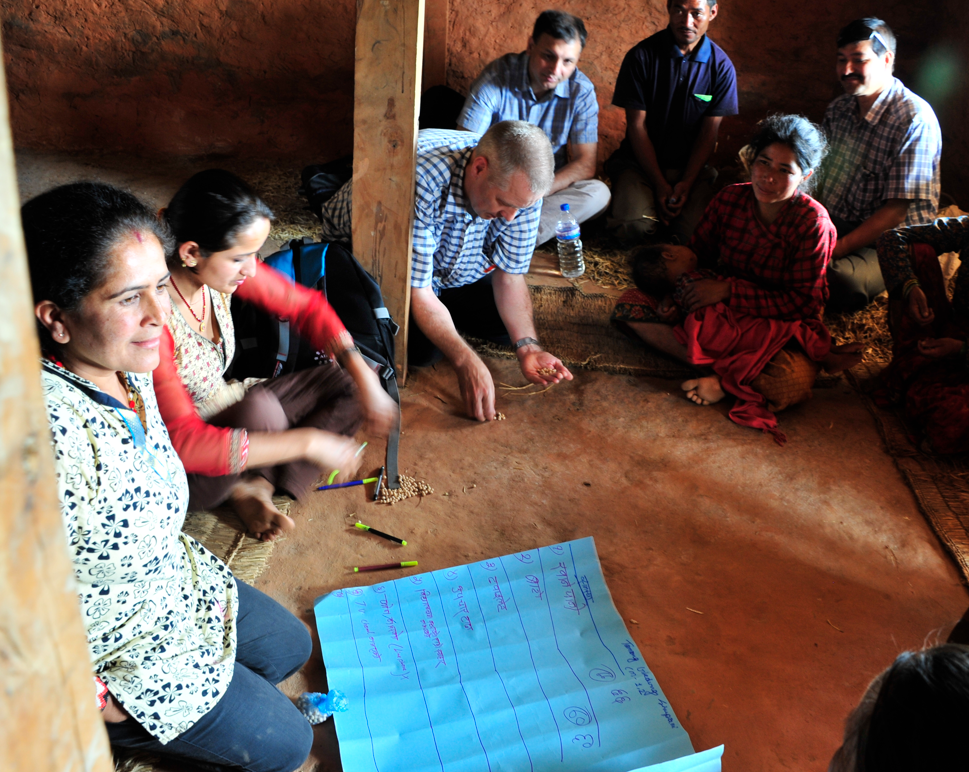



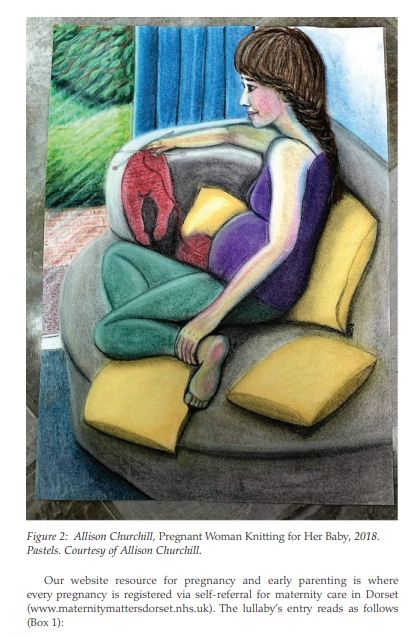











 Dr. Ashraf cited on ‘Modest Fashion’ in The Guardian
Dr. Ashraf cited on ‘Modest Fashion’ in The Guardian NIHR-funded research launches website
NIHR-funded research launches website Academics write for newspaper in Nepal
Academics write for newspaper in Nepal New paper published on disability in women & girls
New paper published on disability in women & girls Global Consortium for Public Health Research 2025
Global Consortium for Public Health Research 2025 MSCA Postdoctoral Fellowships 2025 Call
MSCA Postdoctoral Fellowships 2025 Call ERC Advanced Grant 2025 Webinar
ERC Advanced Grant 2025 Webinar Horizon Europe Work Programme 2025 Published
Horizon Europe Work Programme 2025 Published Horizon Europe 2025 Work Programme pre-Published
Horizon Europe 2025 Work Programme pre-Published Update on UKRO services
Update on UKRO services European research project exploring use of ‘virtual twins’ to better manage metabolic associated fatty liver disease
European research project exploring use of ‘virtual twins’ to better manage metabolic associated fatty liver disease